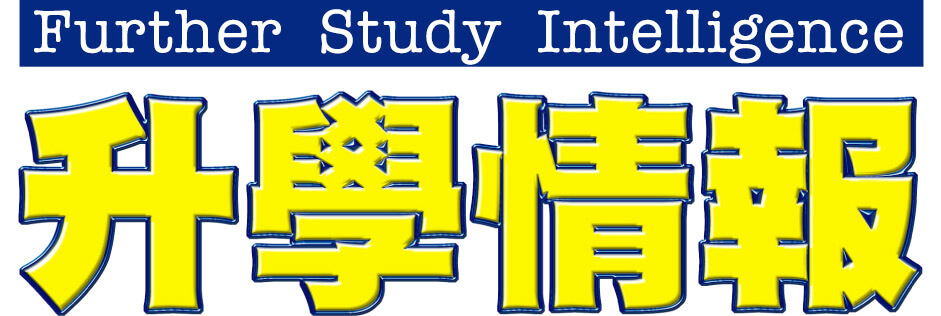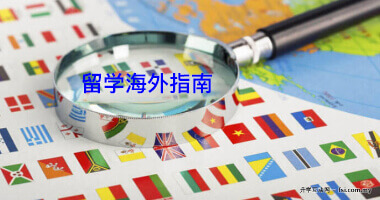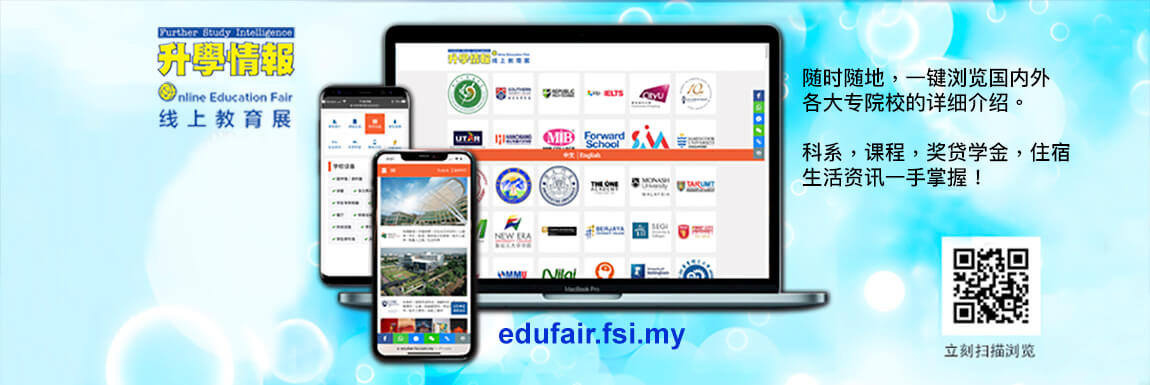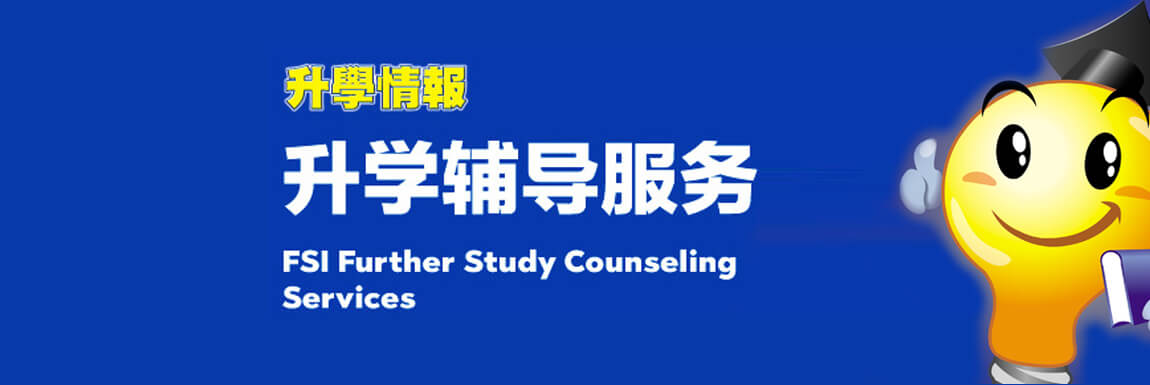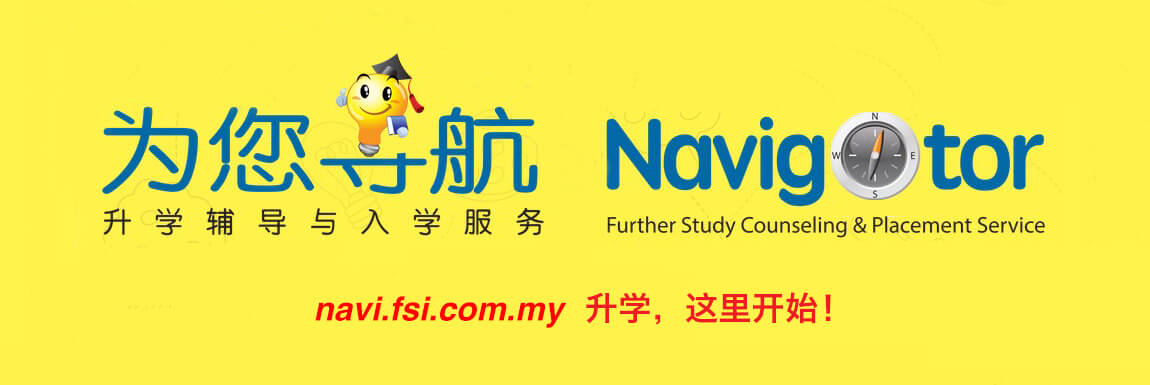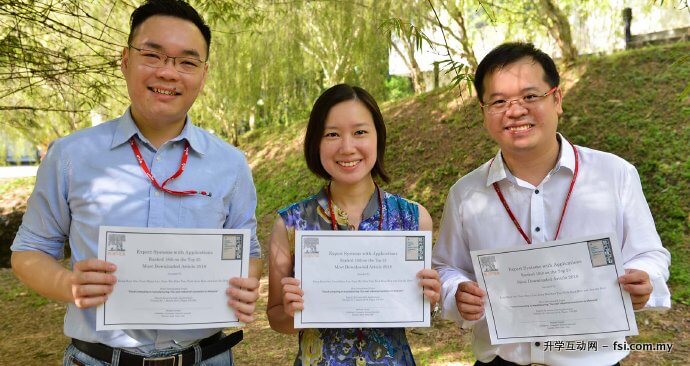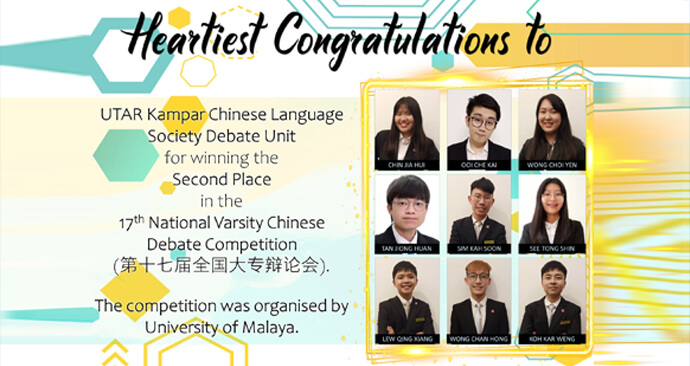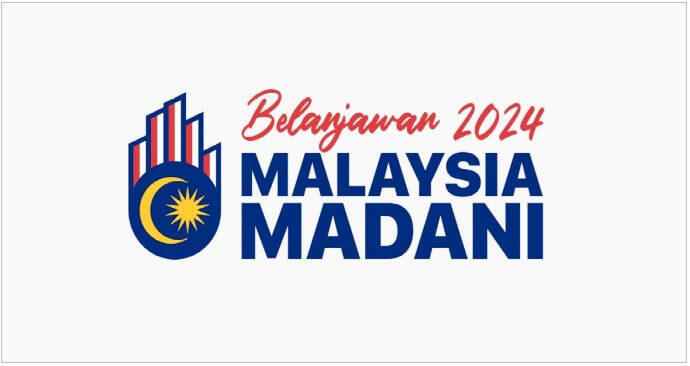
Group photo of the speakers and the participants.
Continuing the practice of holding two seminars per year to enrich students, staff and stakeholders of the agriculture industry, the Faculty of Science and Centre for Biodiversity Research organised the Agriculture Technology Seminar Series XII at UTAR Kampar Campus on 14 November 2015.
Titled “Advancing Oil Palm Production in Malaysia”, the seminar, for the first time in its long-running series, featured oil palm as the pivot of discussions, ranging from advances achieved to sustain oil palm production to the challenges faced.
“This is the first time the seminar is solely dedicated to oil palm, which is also a cash crop in Malaysia,” said Chairperson of Centre for Biodiversity Research Assoc Prof Dr Say Yee How during his welcome address. “It’ll be interesting to look into striking a balance between the increase oil palm production, sustainable production and the environment.”
Also present to welcome the 170-strong crowd was Organising Chairperson Prof Dr Ooi Aun Chuan, who expressed his gratitude to the organising committee and also the sponsor for the unfailing support. “This seminar reflects the position of Malaysia as one of the largest producers and exporters of palm oil. The need to sustain growth and production will be addressed by the five speakers invited to share their experiences of this important crop,” he mentioned.

Prof Ooi welcoming the speakers and participants.
The one-day seminar proceeded with Kuala Lumpur Kepong (KLK) Berhad Head of Human Resource (Plantations) William Yap Kok Lin’s talk titled “The Human Resource Challenges in Plantations”, which gave an interesting comparison between the Gen Y workforce today, the Baby Boomers and Gen X, and how to manage young talents. “Skills set experience is also another challenge because many companies are too busy running the organisation and failed to plan for succession,” he added. Sharing with the audience the challenges in the industry from the human resource perspective, he also warned of the impact of a weakening currency in the supply of foreign workers from Indonesia, Bangladesh and others in the industry.

William Yap Kok Lin speaking on challenges of the oil palm industry from the human resource perspective.
“Advances in Sustainable Research and Development in Oil Palm” was the following topic by Malaysian Palm Oil Association Director of Sustainability, Research and Development Dr Ruslan Abdullah. According to Dr Ruslan, despite the robust growth of palm oil production from before until now, the industry has not been problem-free with the issue of sustainability gaining prominence over the years. “Current R&D approaches have inculcated sustainable practices by putting the importance on people, profit and the planet,” Dr Ruslan remarked, and highlighted the vital sustainable R&D practices which continue to give a competitive edge to palm oil amongst other vegetable oils.
Advanced Agriecological Research (AAR) Sdn Bhd Head of the Environmental Microbiology Section Dr Tasreen Nazir Mahamooth shared how microbial research is able to can help the oil palm industry to advance oil palm production via his talk titled “Microbes – The Unseen Heroes and Foes of Oil Palm: The Road to Their Discovery and Elucidation of Their Interactions with the Oil Palm”. According to him, at AAR, a holistic and multi-disciplinary approach in addressing beneficial microbes and their application to the plantation industry has been adopted. Such approach to oil palm research is an idea whose time has come, especially in the subject of soil fertility, plant nutrition and plant stress.
“Genetic Strategies for Yield Improvement in Major Crops” was the next topic by Assoc Prof Dr Chew Fook Tim from National University of Singapore. Dr Chew shared with the audience his experiences in environmental studies which spurred his interest in evaluating generic tools to link with conventional approaches to understand the underlying key processes that control advances in palm oil productivity. “These are generic tools which can easily be applied to many other agriculture products,” he told.
Capping off the presentations was Director of SULPOM Group Yap Hai San’s “Could Palm kernel shell (PKS) Pyroligneous Acid Play a Role in Soil Reconditioning and Maintaining Sustainable Oil Palm Plantation?” which discussed the role of soil reconditioning to maintain sustainable oil palm plantation. According to the veteran, literature stated that pyroligneous acid rejuvenises the soil condition and other benefits. He then shared some interesting experiment outcome such as dormant palms in RISDA plantation showing response to the pyroligneous acid where 99% of the palm started flowering after just three months of application. “The pyroligneous acid treatment on certain infected palms revived their productivity as well as prolonging the lifespan,” he maintained.
The seminar concluded with Prof Ooi recapitulating the main points highlighted by all five erudite speakers and also proceeded to thank KLK Berhad for the constant financial support throughout these years.
Agriculture Technology Seminar Series XII was sponsored by KLK Berhad and supported by medigene, NeoScience and Science Valley.
拉曼大学 Universiti Tunku Abdul Rahman
http://www.fsi.com.my/会员专区/college-profile/?sponsor_id=168
http://www.fsi.com.my/utar
拉曼大学学院 Tunku Abdul Rahman University
http://www.fsi.com.my/tarc/
